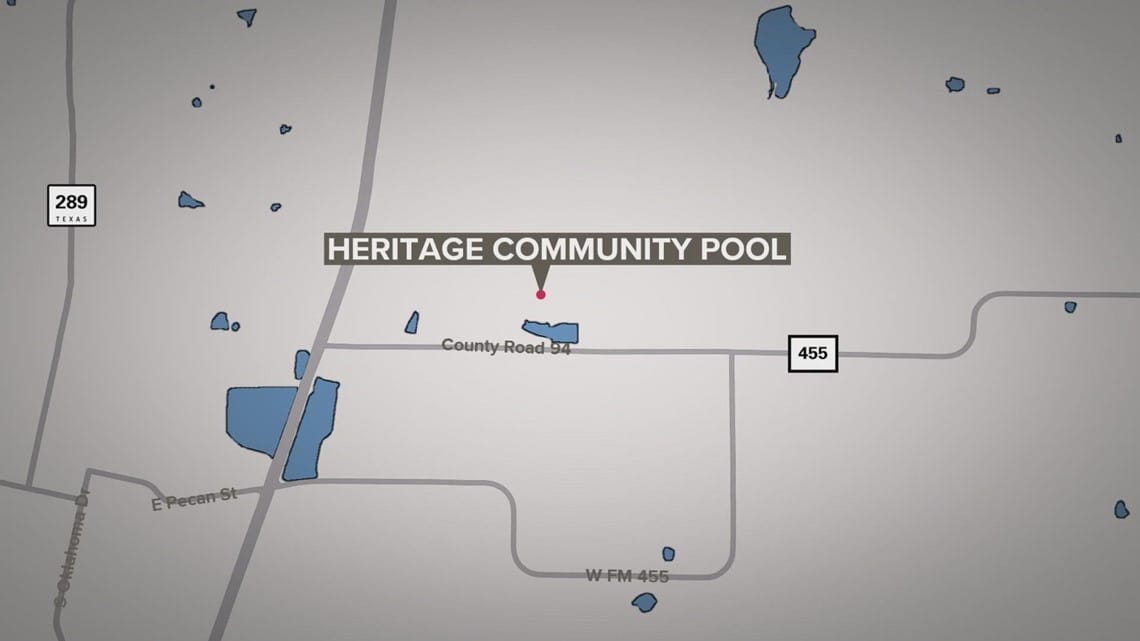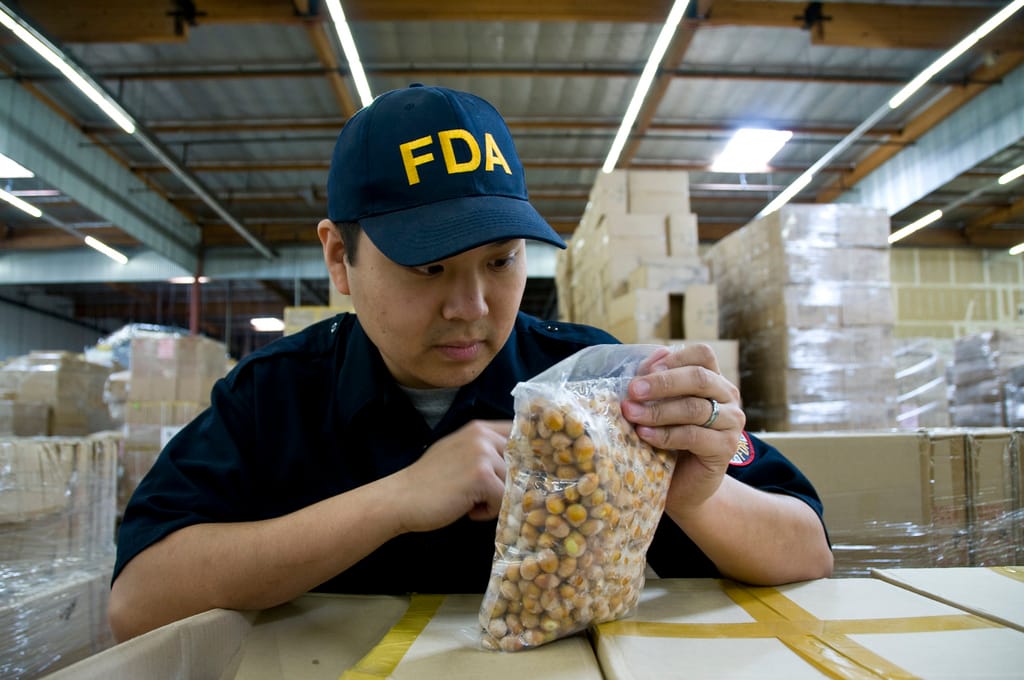In a landmark decision, the U.S. Food and Drug Administration (FDA) has granted approval to Merck’s respiratory syncytial virus (RSV) vaccine aimed at infants, a move that is set to reshape the landscape of RSV immunization. This development not only marks an important milestone in vaccine technology but also escalates the competitive dynamics among pharmaceutical giants in the fight against this prevalent viral infection.
Respiratory syncytial virus is a leading cause of hospitalization among infants and young children, accounting for significant morbidity and mortality rates. Previous strategies to combat RSV primarily focused on monitoring and supportive care rather than pharmacological intervention, leaving a considerable gap in effective preventive measures for high-risk populations. Merck’s approval is viewed by many as a transformative step towards addressing this crucial public health need.
The announcement comes on the heels of a series of successes and setbacks in the pharmaceutical industry’s race to develop RSV vaccines. Merck’s vaccine, which employs a novel recombinant protein-based approach, has shown promising efficacy results in clinical trials, demonstrating the capability to reduce the incidence of RSV-related hospitalizations in infants. This achievement places Merck at the forefront of the ongoing competition with established players, such as Sanofi and AstraZeneca, each of which has been developing their own RSV vaccines.
Sanofi has been working on an RSV vaccine featuring a different technology platform, while AstraZeneca has collaborated with other entities to develop their own candidate. Both Sanofi and AstraZeneca have made considerable investments in their respective programs and are eager to capitalize on the anticipated market for RSV immunization. The approval of Merck’s vaccine is particularly impactful as it may offer parents and healthcare providers additional options during the seasonal outbreaks of RSV, usually occurring in the fall and winter.
While it is too early to determine the commercial implications of Merck’s RSV vaccine approval, experts suggest that the increased competition may lead to aggressive pricing strategies and marketing campaigns aimed at healthcare professionals and the general public. The stakes are undeniably high, given the potential impact on infant health, healthcare costs, and societal burden as a result of RSV-related illnesses.
As the market for RSV vaccines develops, regulators, healthcare providers, and families alike will likely keep a close watch on the real-world effectiveness and safety profiles of these new vaccines. Post-Marketing studies and ongoing surveillance will be essential to gather data on long-term efficacy and any unexpected adverse reactions that may arise following widespread use. In particular, Merck will need to demonstrate through real-world evidence that their vaccine not only retains its efficacy in diverse populations but also upholds safety standards.
Furthermore, the approval opens discussions regarding the accessibility and distribution of the vaccine, especially as it pertains to underserved populations who may be at heightened risk for RSV. Ensuring that these vaccines reach the infants who need them the most will require collaboration among various stakeholders, including government agencies, healthcare providers, and access advocates.
Additionally, healthcare systems will need to educate families about the importance of RSV vaccination, particularly the timing relative to seasonal outbreaks. Targeting high-risk groups will be vital in maximizing the public health benefits of Merck’s vaccine. Pediatricians and healthcare providers play a crucial role in informing parents about RSV and the potential advantages of vaccination.
The competitive pressure placed on Sanofi and AstraZeneca due to Merck’s approval may catalyze further innovation and investment in the field of infectious diseases. It remains to be seen how these companies will respond, whether by accelerating clinical trials for their own RSV offerings or by seeking combinations with existing vaccines, like those for influenza.
The implications of successful RSV vaccines extend beyond individual health; they touch upon broader public health initiatives aimed at minimizing hospitalizations among vulnerable populations, reducing healthcare costs, and overall societal wellness. As the landscape of RSV vaccination evolves, stakeholders across dimensions — from corporate executives to healthcare providers, and parents — will play vital roles in shaping the future of RSV prevention.
In conclusion, Merck’s recent FDA approval for their RSV vaccine for infants represents not only a scientific achievement but also a shift in the competitive landscape of the pharmaceutical industry. The approval underscores the urgency of advancing preventive measures against RSV and sets the stage for a dynamic marketplace featuring varying vaccine options for families and healthcare providers. The multifaceted challenges ahead will necessitate a collaborative approach to ensure that the benefits of this vaccine reach those who stand to gain the most.


